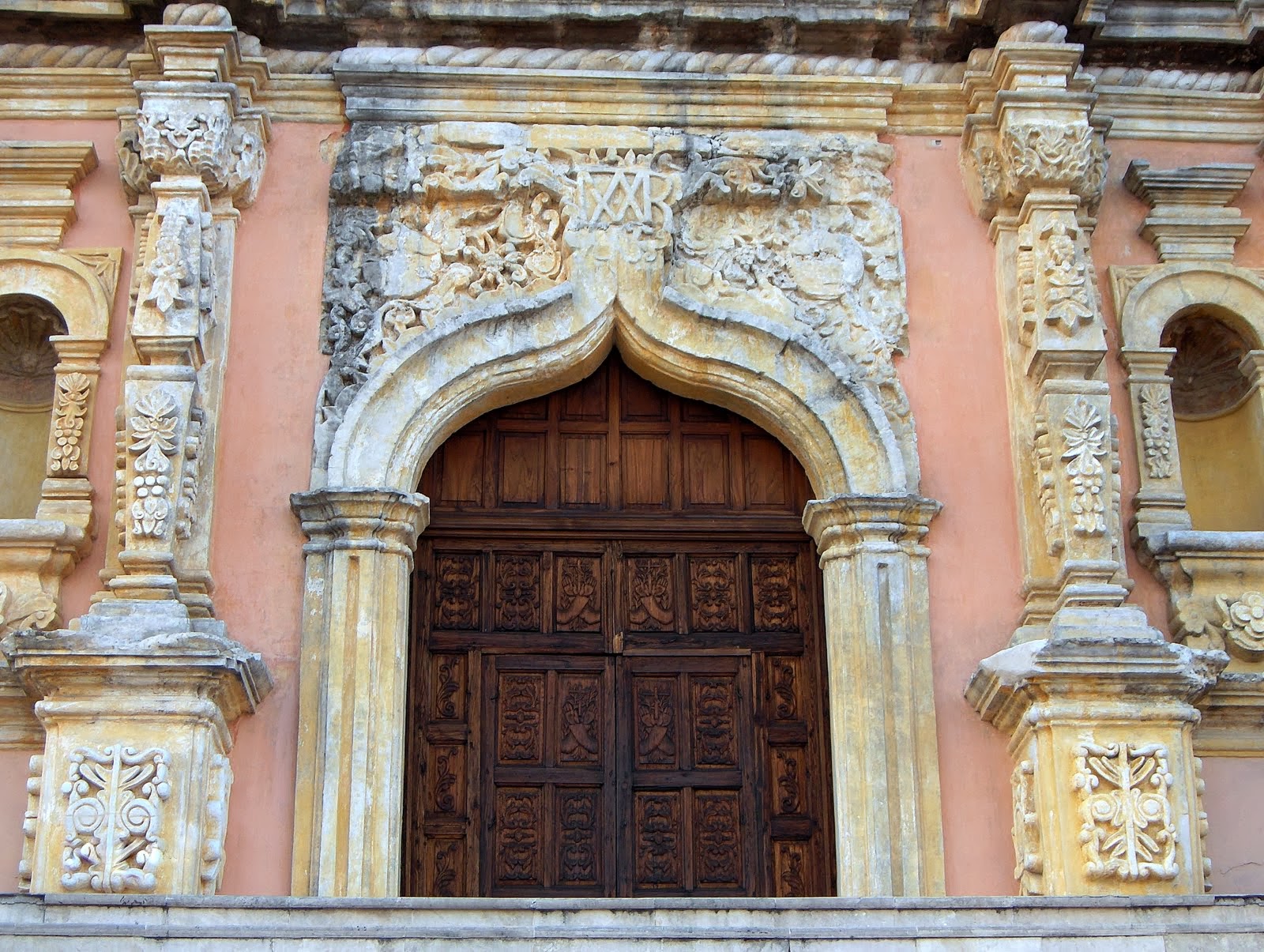During the year before my adult confirmation in the Catholic Church, I desired to pray the Stations of the Cross. Scarcely aware of this venerable devotion, I entered the solemn nave of St. Anne Church one Friday afternoon to pray with a singular purpose. Everything else could wait outside in the glare and heat of day.
The Church was quiet and empty of people. Hesitant and unsure of myself, I was thankful to be alone in the stillness of the Church. With a little book in hand, I walked the Via Dolorosa tentatively at first, concentrating on kneeling and the rhythm of the devotion. The First Station. Jesus Is Condemned to Death.
The events of Jesus’ passion and death moved me deeply as I prayed each station. Jesus meets his mother, Veronica and the women of Jerusalem—the cross crushes him to the ground—stripped and nailed, he is lifted up—dying, he is taken down. Until at last, I knelt before the Fourteenth Station. Jesus Is Laid in the Tomb. I took a deep breath.
The words poured from my heart. For a day in thy courts is better than a thousand elsewhere. I would rather be a doorkeeper in the house of my God than dwell in the tents of wickedness. [Psa 84:10] I prayed silently, Father in heaven, I ask for the hand of your daughter the Church. Will you permit me to be a priest?
I remained on my knees for some time. No sight or sound or insight altered the holy silence. Nothing disturbed the serenity of the nave or the sunlight filtering through the stained-glass windows. I dared to ask God too much, too soon. The stillness, however, did not discourage me. I pictured a father glowering over his daughter’s puny and unacceptable suitor. You’d better toughen up your knees. You’ll have to let go of many things.
You can’t go any lower than the grave, and I suppose that’s why petitioners pour their hearts out in this spiritual pilgrimage. I never went back to the Fourteenth Station to ask for priesthood again. Once was sufficient. But my friends—all but one of whom would disavow me—knew where to find me. I was always in the Church.
It’s not a matter of adroitness or merit or even personal need but rather the impossible—daring to ask for that which no human excellence suffices, pleading God’s own unfathomable reasons when human thought fails and prayerful silence looms like a mountain before human frailty.
Inevitably, all human experiences give way to forgetfulness, rarely to be illuminated by conscious reflection and shared in the present moment. This may seem to be cause for distress, especially when the loveliest events of life begin to fade, and one fears losing them altogether.
The stillness doesn’t mean oblivion for as David wrote, But as for me, my prayer is to thee, O Lord. At an acceptable time, O God, in the abundance of thy steadfast love answer me.God recalls to the soul the things of faith like a householder who brings out of his treasure what is new and what is old. [Mt 13:52] Not new or old, but rather the good things in God’s time that are always old and always new.
